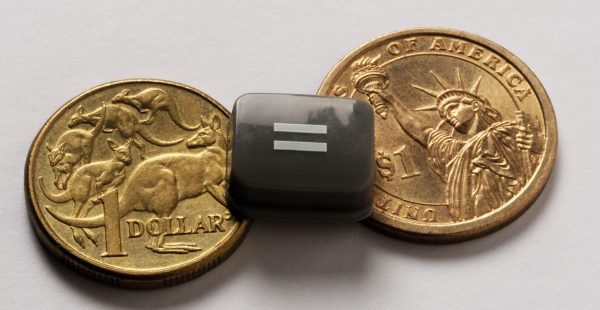Vanguard emphasises the negative on active investing

The active versus index investing argument has been given another kick along via the latest S&P Dow Jones Indices SPIVA Australia Scorecard with index-focused Vanguard claiming the high ground.
Vanguard’s Asia Pacific chief investment officer, Duncan Burns is claiming the SPIVA report as being “another strong data point in the increasingly compelling argument for using index funds as the core of an investment portfolio”.
The SPIVA Australia Scorecard actually described 2023 as being “the best of times and the worst of times for actively managed funds” pointing to three-quarters of active equity managers failing to keep pace while active bond managers had an exceptional year.
“This year’s results could be summed up simply as – most active managers underperform their passive benchmarks most of the time,” Burns said. “This is emphasised by the one-year underperformance for active Australian equity and International equity funds rates being at their second highest in recent years.”
Burns said the active underperformance rates were even more dismal over the longer term, with 85% of active Australian equity funds and around 94% of active international equity funds underperforming their index benchmarks over a 15 year period.
“Findings like these are not isolated to the Australian financial markets, the reporting shows similar long-term results in global share and bond markets,” he said.
“This is not to say active fund managers can never outperform the broader market. A number of exceptional active managers do,” Burns said, conceding that active bond managers had done well particularly in the last 12 months.
However, he pointed out that the majority underperformed when looking at the last 3-year period.
“The report serves as a good reminder that beating the market is really much harder than most people think,” Burns said.
“Costs, something that all investors are subject to, are a large contributing factor to active fund underperformance as they tend to be much higher than those of index funds, creating a headwind to performance.”
“The less talked about hurdle to active fund outperformance, is the skewness of the equity market returns. The reality is that investors with a well-diversified index portfolio typically experience frequent small losses from the majority of securities, but a few exceptionally large gains from a subset of their holdings,” he said.
“For instance, approximately 33% of the top 300 companies outperformed the return from the S&P/ASX 300 Index in 2022. So, to outperform the market, an active investor needed to be concentrated in that 33% of outperforming companies.”
“Over the longer term, from 2012 to 2022, only 17% of companies in the S&P/ASX 300 Index outperformed the broader market average. Further, the top three ASX securities accounted for 24% of the total index return. Which meant active investors who didn’t have those three securities in their portfolio would have missed out on a large chunk of the market’s return.”
“If there is one takeaway from the data, it’s that index funds and ETFs should be a consequential piece of a core portfolio. History has shown that investors with a majority active managed investment strategy are more likely to experience portfolio return outcomes in the larger part of the distribution that underperforms, rather than the smaller percentage that outperforms. And this is why serious money portfolios continue shifting that direction and the index revolution is increasingly taking hold here in Australia.”












So why is Vanguard strongly promoting their new range of active funds now?